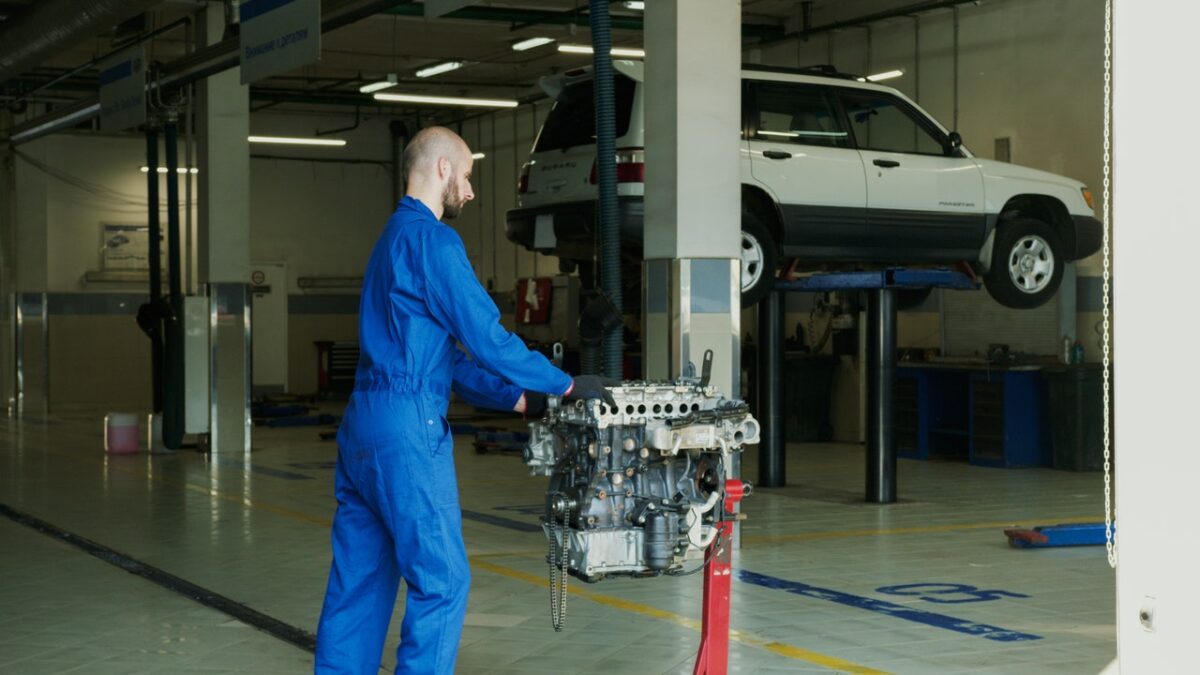The warranty period is a time interval during which the buyer, if a defect is found in the purchased product or service, has the right to contact the manufacturer or seller with a request to eliminate the defect, return or exchange the purchase or reduce the price for the cost of the existing defect.
The law also applies to automotive spare parts. Accordingly, the seller’s or manufacturer’s side is responsible for defects on the product that have a warranty period, if it cannot prove the fact of receiving the defect after handing over the part to the buyer. Professionals such as car warranty UK can help in obtaining a guarantee.
If the consumer can prove that the damage occurred before the transfer of the goods to him, the seller or manufacturer is also responsible for the defects of the part, even for which the warranty period was not provided.
Warranty period for auto parts
The warranty period for automotive spare parts is set independently by the manufacturer or seller. But when establishing it, special attention is paid to the category of goods on which the warranty period and validity depend.
Warranty conditions
When purchasing a spare car part, the consumer needs to know that in certain cases it will not be possible to return the goods with a defect for repair or exchange during the warranty period. As a rule, such cases include:
- Self-autopsy and repair of auto parts.
- Incorrect installation or operation of the part, which led to the appearance of defects and malfunctions.
- Getting damage to auto parts due to the action of other faulty parts of the car on it.
Also, the consumer should know that there is no warranty period for spare parts subject to normal wear. The exception is those cases when the damage to the spare part is the result of a malfunction of the car assembly. As a rule, such parts include filters, spark plugs, wiper blades, system hoses, capacitors, brake discs, pads, etc.
Image by Artem Podrez from Pexels

